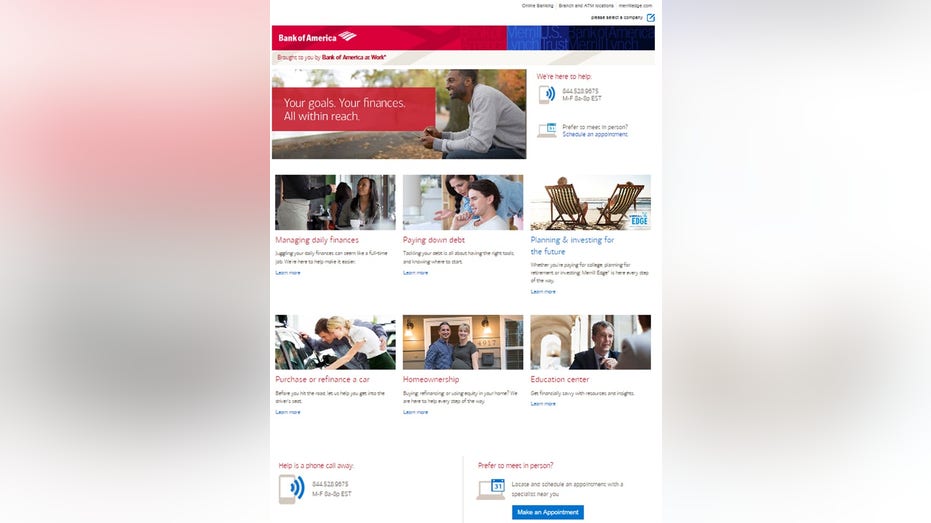This is the Newest Benefit Employers are Offering

As recent graduates settle into their new jobs, many of them will have questions about saving money, managing their 401 (k) and balancing student loan payments. Increasingly, millennials want their employers to provide answers to these questions and create a financial wellness support system.
According to a Bank of America Merrill Lynch (NYSE:BAC) (BAML) report, only 24% of millennials say that they are in control of their finances and 70% say that they need help understanding how benefits work. A TD Ameritrade (NYSE:AMTD) August survey found that 85% of millennials don’t feel financially secure, but expect to in the future.
But companies are now creating financial wellness programs to cater to employees’ financial needs, instead of just having random one off sessions on budgeting 101.
“We see financial wellness becoming a new employee benefit,” Sylvie Feist, director of financial guidance services at Bank of America Merrill Lynch, tells FOXBusiness.com. BAML can provide a financial wellness program infrastructure and materials for clients. Feist notes that these programs are still in their infancy, but that the goal is to provide broader financial education to employees.

Feist says that it’s easy to get overwhelmed with financial information and that employers increasingly are offering guidance for their employees. The trick is to make the information accessible for employees. BAML’s survey found that 70% of millennials want to find information online, while 57% want one-on-one sessions with an advisor. Workplaces can explore with offering financial advisors on site, webcasts and phone calls, among other options.
A real life application for employees is saving, a tricky issue for millennials. They’re saddled with thousands of dollars in student debt, but still have to meet obligations. “We see in the millennial base that those waiting to save pick up around age 28. If we could start saving earlier, that gap could make a difference in terms of compounding” says Feist on how a financial workplace program could get millennials to save earlier.
This isn’t just a millennial issue though. Feist says that it stretches across the generations, but millennials compared to baby boomers just have different needs. “The challenge is to not pigeonhole generations. Use the content to direct conversations based on age or generation” says Feist.
VCA, a national provider of pet healthcare services, has a financial wellness program set up through BAML for its Los Angeles office and Jack Walter, a vice president at VCA, says that every company needs to determine what kind of program is best for its employees.
Generally speaking, Walter says that budgeting and home ownership sessions are well attended and popular. After attending a homeownership session, Walter says that one of VCA’s employees then met with the financial advisor on site. Though he had not previously considered homeownership, the employee found a house and a good mortgage rate from Bank of America within a month after having those two conversations.
For the future, VCA plans to expand their financial wellness offerings to all 20,000 of its employees nationwide. “We really want to try to create an environment where everyone is happy or less stressed. By offering these tools you can hopefully help out the ones in need,” Walter says.



















